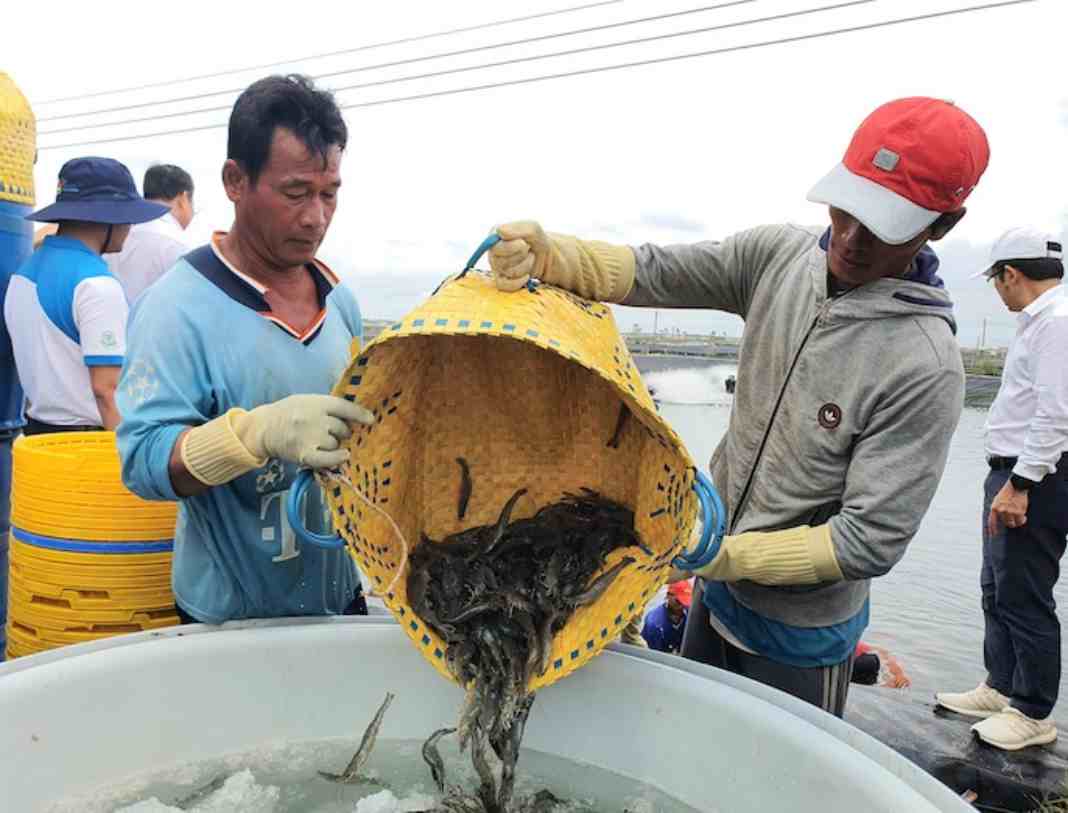CAN THO – Saltwater intrusion along with intensive drought has been posing threat to the agro-fishery sector in Mekong Delta.
Nguyen Phuong Lam, director of the Vietnam Chamber of Commerce and Industry (VCCI) in Can Tho City, said the Mekong Delta was facing worsening threats as floods and land subsidence had become increasingly severe.
Mekong Delta residents are facing pressure on multiple fronts in terms of cultivation and production, resulting in weak competitiveness in the market.
Nguyen Thanh Binh, an expert at Mekong Delta Development Research Institute, said that the delta heavily depends on agriculture, which makes up over 43% of the economies of some provinces in the delta. Still, agriculture is tied to weather, leaving farming dependent on weather patterns.
The delta’s economic growth was higher than that of the whole country until 2015. Since then, the historic saline intrusion in 2015 and 2016 caused losses of US$300 million to the Mekong Delta in the agriculture and fishery sector.
World Resources Institute‘s research showed that Vietnam’s GDP rate had dropped by 2.3% annually due to flooding. As of September 2022, a loss of VND9,000 billion has been realized due to natural disasters.
The GDP rate will risk a 6% drop, over even more in agriculture in the Mekong Delta, if Vietnam does not intervene.
Besises, material areas and supply partners of businesses are dealing with challenges attributed to saline intrusion, prolonged heat and water scarcity.
Given the situation, Nguyen Thi Phuong Linh, vice director of Can Tho VCCI, suggested that enterprises should proactively strategize to adapt to the climate crisis and implement hi-tech advances to boost productivity in production.









